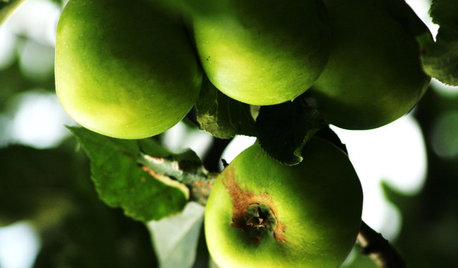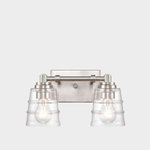Pickle Crisp Question
busylizzy
11 years ago
Featured Answer
Sort by:Oldest
Comments (25)
James McNulty
11 years agoRelated Professionals
Berwyn Landscape Contractors · Flagstaff Landscape Contractors · Hilo Landscape Contractors · Lakewood Landscape Contractors · Lexington Landscape Contractors · Parkland Landscape Contractors · Pomona Landscape Contractors · Ridgewood Landscape Contractors · Tehachapi Landscape Contractors · Welby Landscape Contractors · Westford Landscape Contractors · Minnetonka Roofing & Gutters · West University Place Roofing & Gutters · Braintree Driveway Installation & Maintenance · Mount Vernon Driveway Installation & Maintenancetxbikerchick
11 years agodigdirt2
11 years agoJames McNulty
11 years agobusylizzy
11 years agoQueenOfKing
11 years agodigdirt2
11 years agobusylizzy
11 years agoddysart
11 years agoJames McNulty
11 years agodigdirt2
11 years agocannond
10 years agodigdirt2
10 years agocannond
10 years agoesstoney
10 years agomyfamilysfarm
10 years agoseysonn
10 years agocannond
10 years agomyfamilysfarm
10 years agocinsay
9 years agocannond
9 years agoseysonn
9 years agocannond
9 years agoAmyinOwasso/zone 6b
9 years ago
Related Stories

KITCHEN DESIGNKitchen of the Week: Crisp and Coastal on the Connecticut Shore
Water views from a galley kitchen inspire marine touches with a contemporary edge
Full Story
KITCHEN DESIGNKitchen of the Week: Crisp White Kitchen in a Rustic Barn Setting
This beautiful barn conversion walks the line between rustic style and contemporary edge
Full Story
BEFORE AND AFTERSRoom of the Day: Crisp Details Add Style to a Classic White Bath
Gatsby-era detailing jazzes up a condo’s master bath
Full Story
GREEN BUILDINGHouzz Tour: Pickle Factory Now an Energy-Wise Live-Work Space
A charming but poorly insulated 1880s Philadelphia commercial building becomes a spacious energy-efficient home and studio
Full Story
DOORS5 Questions to Ask Before Installing a Barn Door
Find out whether that barn door you love is the right solution for your space
Full Story
DECORATING GUIDESColor Guide: How to Work With Bright White
There's a reason clean, crisp white is the eternal standard for walls. See how it can take your rooms from pallid to pleasing
Full Story
BLACKThe Case for Beautiful Black Doors
To-do list: Freshen up the house with crisp black doors, inside and out
Full Story
ECLECTIC STYLEHouzz Tour: Eclectic Down-Home Style in Texas
A Texas family goes for comfortable, colorful furnishings and crisp white walls for a look they call ‘Southern Americana’
Full Story
EDIBLE GARDENSHow to Add an Apple Tree to Your Edible Garden
Readily available, beautiful and fragrant, apple trees offer four-season interest along with crisp, juicy fruit
Full Story
HOUZZ TOURSHouzz Tour: A Coastal Cottage Delights in a Wealth of White
Crisp but relaxed, the sophisticated style of this summer home has created an inviting getaway for relaxing and entertaining
Full Story






digdirt2